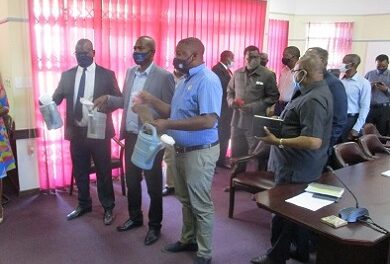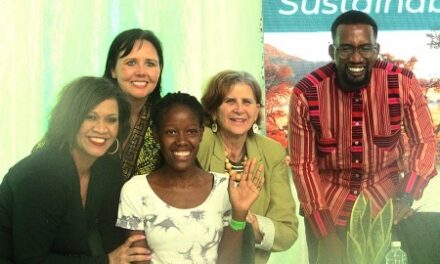
Pan African housing development financier, Shelter Afrique, is targeting the African Diaspora to enhance affordable housing delivery across the continent.
Speaking at the 25th Annual Harvard Africa Business Conference 2023 – Africa Accelerated, where he shared insights on innovative solutions for addressing Africa’s housing deficit, Shelter Afrique managing director Mr. Thierno-Habib Hann said over 170 million people of African descent that live all over the world present a formidable resource pool for the continent’s infrastructure development, including housing.
“African diaspora populations are growing, as are their savings and the scale of resources available to reinvest in their countries of origin. The World Bank estimates Africans in the diaspora save about $53bn per year and, in 2021, recorded remittances reached over $95.6bn sent to and within Africa,” Mr. Hann said.
Top ten highest recipients of remittance inflows in Africa in 2021 include Nigeria ($19.2 billion), Ghana ($4.5 billion), Kenya ($3.7 billion), Senegal ($2.7 billion), Zimbabwe ($2.0 billion), Democratic Republic of Congo ($1.3 billion), Uganda ($1.1 billion), Mali ($1.1 billion), South Africa ($900 million), and Togo ($700 million).
Africa’s top remittance recipients as a proportion of their economies are South Sudan, Lesotho and Gambia with 35%, 21% and 15% of GDP respectively coming from remittances, according to World Bank statistics.
“We are considering tapping into the diaspora to enhance affordable housing delivery by setting up diaspora bonds for affordable housing and infrastructure development, skills transfer, and leveraging on their networks and outreach,” Mr Hann noted.
Since 2000, five countries including Kenya, Nigeria, Ethiopia, Ghana, and Rwanda – with an estimated total diaspora population of four million individuals, or 12 percent of total African migrants, have issued diaspora bonds.
Africa is considered the continent with one of the most rapidly growing urban populations, with over 60% of the urban population in sub-Saharan Africa (SSA) estimated to live in areas categorised as slums and informal settlements.
According to the UN, it is projected that the number of Africa’s urban residents will increase to 1.5 billion by 2050, and that Africa will pass the tipping point of 50% urban population around 2035.
Currently, Africa has a housing deficit which accounts for at least 56 million units.
“This housing deficit is a significant indicator of Africa’s growing infrastructure gap, which can be attributed to lack of sufficient capital to finance the delivery of affordable housing projects, lack of bankable projects, and inefficient risk allocation mechanisms. This is why it’s important to incorporate the diaspora into the affordable housing financing mix,” Mr. Hann said.
The African Development Bank estimates that Africa’s infrastructure needs amount to $130–170 billion a year, with a financing gap in the range of $68–$108 billion. To date, less than half of this amount is being mobilized, leaving a financing gap in the range $68–$108 billion.
In the photo: Putting heads together at the 25 Conference of Africa Accelerated, in Boston, USA.






